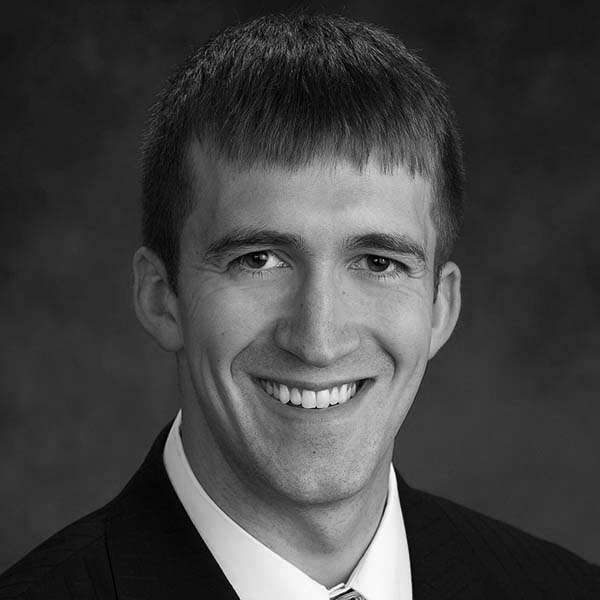A woman had been feeling short of breath for several weeks. Physical activities which had previously been easy for her were becoming a chore. In fact, simply laying down resulted in difficulty breathing. She had gained some weight and her legs were swollen.
This woman was a patient of mine, and she was in heart failure. This doesn’t necessarily mean her heart was going to completely stop, but it was having trouble keeping up. For whatever reason, her heart struggled to pump, and fluid was building up in her body adding more strain. It was a vicious circle, and it was getting worse.
After listening to her story, I completed a physical examination, and ordered a few tests. Then, I talked to my patient about heart failure. We agreed she would take medication to help her heart pump better and fluid pills to help decrease the swelling.
Heart failure is often triggered by some type of damage affecting the heart’s ability to pump. Heart damage might result from a sudden heart attack blocking blood flow in an artery of the heart. Sometimes damage occurs slowly, blocking blood flow due to the gradual buildup of cholesterol known as coronary artery disease. Other causes of heart failure may include faulty heart valves, an irregular heart rhythm, high blood pressure, smoking, diabetes, or obesity.
Myocarditis, or inflammation of the heart, can also lead to heart failure. Often temporary, myocarditis can be the result of a virus or other infections, drugs, chemicals, and other diseases.
Sometimes the reason for heart failure may be a lung problem. The heart pumps blood through the lungs and back to the heart, then out through the body. So, if the blood is not flowing through the lungs efficiently, the heart can have trouble. Thus, a blood clot in the lungs, smoking, vaping, cancer, infection, or other lung problems can also lead to heart failure.
I recently saw my patient again, and she feels great. She rarely experiences shortness of breath anymore. She faithfully takes the medications and keeps an eye on her weight and her diet, but other than that, she does not think much about it.
If you are experiencing increased shortness of breath with activity, swelling of the legs, an unusual increase in weight, increased fatigue, chest pain, or if you feel like your heart is beating too quickly or not in a regular manner, please see your doctor. Your heart works hard so you can keep up your activities. Please make sure you return the favor.
Andrew Ellsworth, M.D. is part of The Prairie Doc® team of physicians and currently practices family medicine in Brookings, South Dakota. Follow The Prairie Doc® at www.prairiedoc.org and on Facebook featuring On Call with the Prairie Doc® a medical Q&A show celebrating its twentieth season of truthful, tested, and timely medical information streaming live on Facebook most Thursdays at 7 p.m. central.





